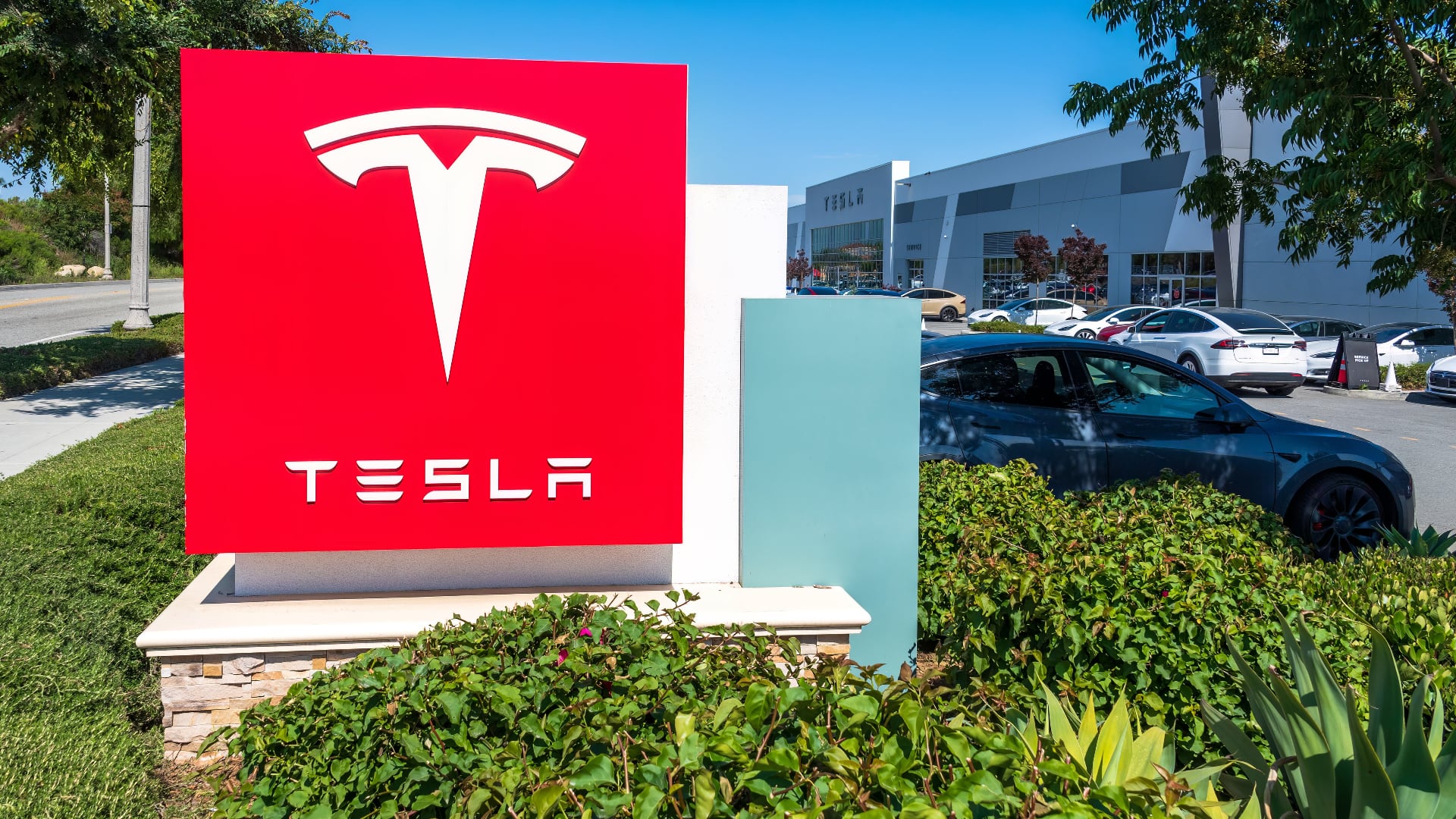Investing app Robinhood continued to suffer from system outages following a full day of technical issues that left users off of the trading platform and out of the biggest-ever one-day point gain in the history of the Dow Jones Industrial Average. (Markets gained $1.1 trillion in value.)
Monday's outage began around 9:30 a.m. EST, and Robinhood restored service at about 11:00 that night, causing a storm of customer outrage on social media. On Tuesday a Robinhood representative vaguely cited instability in a part of its infrastructure that allows its systems to communicate with each other, resulting in outages across services that prevented customers from using its app, website, and help center. Later that day co-CEOs Baiju Bhatt and Vlad Tenev attributed the instability to factors including "highly volatile and historic market conditions; record volume; and record account sign-ups" in a blog post.
"Our team is continuing to work to improve the resilience of our infrastructure to meet the heightened load we have been experiencing," they said. "We're simultaneously working to reduce the interdependencies in our overall infrastructure. We're also investing in additional redundancies in our infrastructure."
Service went down again around 10:00 on Tuesday morning but was restored by noon. Personal data and funds were unaffected.
Robinhood said it plans to work with customers on a case by case basis to offer appropriate billing credits and other potential compensation. It's also offering three months free of Robinhood Gold, its $5 a month premium product that includes bigger instant deposits, Morningstar research, Level 2 Nasdaq market data, and access to margin trading ($1,000 included in the $5 fee, and five percent yearly interest after that). The company launched the offering in September 2016.
The company does not disclose how much of its user base comprises the more experienced and sophisticated traders that Robinhood has tried to appeal to in recent years. In 2017 it released free trading of options, which allowed investors to bet on the price of an asset in the future. Options make up a big market on Wall Street – not so much among less-experienced investors though.
Robinhood doesn't distinguish between registered users, many of whom receive free stock in (usually) small-cap companies as a referral bonus, and active users.
Robinhood launched in 2013 and has raised $912 million in funding at a $7 billion valuation.








